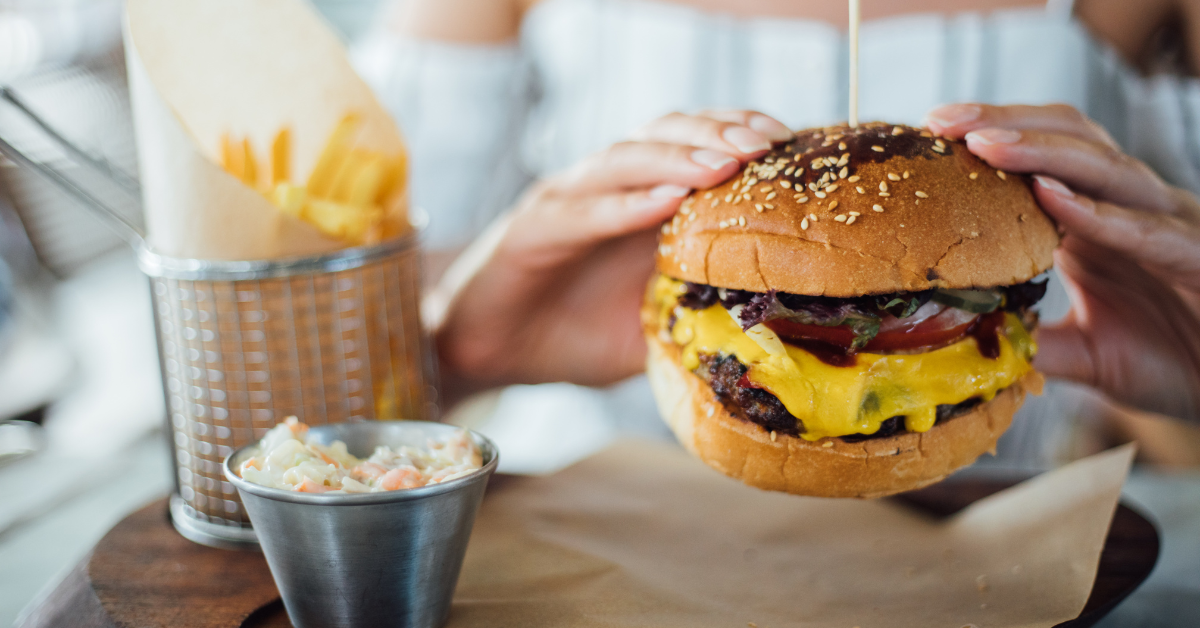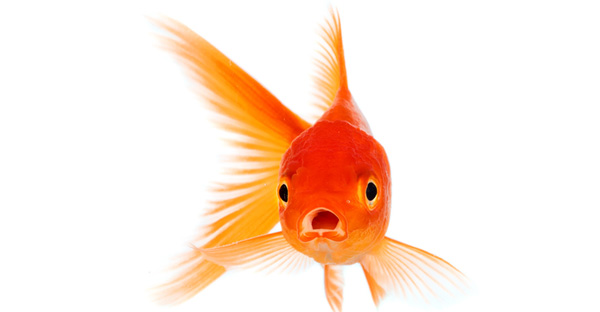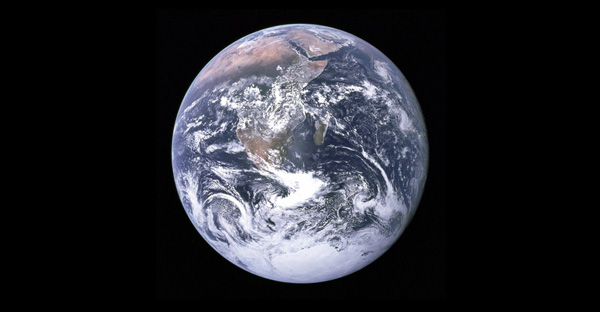

Gradually, the idea that our environmental problems are connected to the way we produce and consume food is attracting some attention. But, we have long way to go.
It is clear to me, and a growing number of others, that when we restore our personal health through the food we eat, we also restore the health of our planet, the health of our economy (lower disease care costs), the lives of the animals we eat, the well-being of insects and bees that produce our food, and the fields and forests and soils and streams of yesteryear.
It’s one solution with messages in so many directions: EAT THE RIGHT FOOD.
Here at the Center, we are doing what we can to support all who are similarly engaged. Therefore, I encourage everyone to watch the following excellent presentation by Professor Rupert Read to first year students at the University of East Anglia in England regarding the global, multi-faceted sustainability crisis.
– T. Colin Campbell, PhD
Rupert Read is an academic and a Green Party politician in England. He is Chair of the Green House think tank, a former Green Party spokesperson for transport,[1] former East of England party coordinator and currently a Professor in Philosophy at the University of East Anglia in Norwich, England.[2]
The Cliff’s Notes Version of the Video
The following is a summary from J. Morris Hicks, Former CNS Board Member and author of Healthy Eating, Healthy World: Unleashing the Power of Plant-Based Nutrition.
If you don’t have 12 minutes right now, here are a few of my notes:
Early in the above video, Dr. Read unexpectedly used the word “taboo” in the first minute of his talk. Speaking to a group of young students with an average age under 20, he began as follows:
1) It’s a great privilege really for me to have the opportunity to address you at the start of your university careers and what a fantastically exciting time it is for all of you.
2) But I have to tell you. I don’t envy you. And the reason I don’t envy you is that I believe that there is a very real possibility that the latter part of the lives of most of the people in this room is going to be grim. Or non-existent.
3) I’m sorry to have to say it. [Some muffled laughter.] I hear nervous laughter – probably because people don’t usually talk about this sort of thing. There’s a taboo around it and that’s what I want to talk about.
Dr. Read goes on to talk about the climate scientists at their university and their near universal conclusion that the reality of climate change is likely to be far worse than the forecasts that appear in their conservative papers.
Throughout his brief talk, he describes how far humanity has strayed from living in harmony with nature and appeals to the young students with statements like this one:
I actually think that those of you in this room today should be very angry at the generations that are older than you because there’s been what I would call a festival of recklessness or a carnival of short-termism that characterize the last couple of generations that potentially leaves you in a very perilous position.
He then proceeds to address what we must do about the grim situation in which we find ourselves. He says that we must “think about this problem and address it in every possible way.”
He ends his talk with this sincere appeal to the young students in attendance and, indeed, to the entire world:
So those are my suggestions. I don’t know if they will work and if they will be enough. But one thing I do know is that we need some kind of creative thinking and we need some radical answers.
Otherwise, we are going to end up in the kind of situation that I described at the beginning of this talk-where in five or ten years time, I am up here again feeling even less envious of those in the audience.
But I don’t want it to be like that. I would like to be envious of you in every way as you start the incredible adventure of your university education. I think there’s nothing worse for human beings than the thought that they might be bequeathing to their descendants a worse world than they currently have. Thank you.
The Bottom Line
We all need to get rid of the “taboo” associated with talking about the most important topic in the history of humanity.
A good place to start might be in showing this 12-minute video one-on-one with each of your best friends or closest family members. Later on, you might want to show this video at a cocktail party in your own home for a dozen or so friends.
It’s quite possible that you may fear alienating certain friends and family with this kind of “doom and gloom” during a party when we’re supposed to be having a good time. I have alienated a few people myself over the years.
No doubt there will be some awkward moments along the way and you may even lose some of your so-called “great” friends. If that happen, in order to comfort yourself, perhaps you should think about your own children or grandchildren sitting in that lecture hall in the UK with Dr. Read – and ask yourself this question:
Are you terrified or are you envious about the future of your grandchildren on this planet?
If you’re terrified, you will want to do all that you can to destroy the most damaging taboo in human history – the taboo associated with actually talking – openly and often – about the steps we must take to improve the long-term chances of survival for all of the children who follow us on this planet.
References
Copyright 2026 Center for Nutrition Studies. All rights reserved.
Deepen Your Knowledge With Our
Plant-Based Nutrition
Certificate
Plant-Based Nutrition Certificate
- 23,000+ students
- 100% online, learn at your own pace
- No prerequisites
- Continuing education credits






